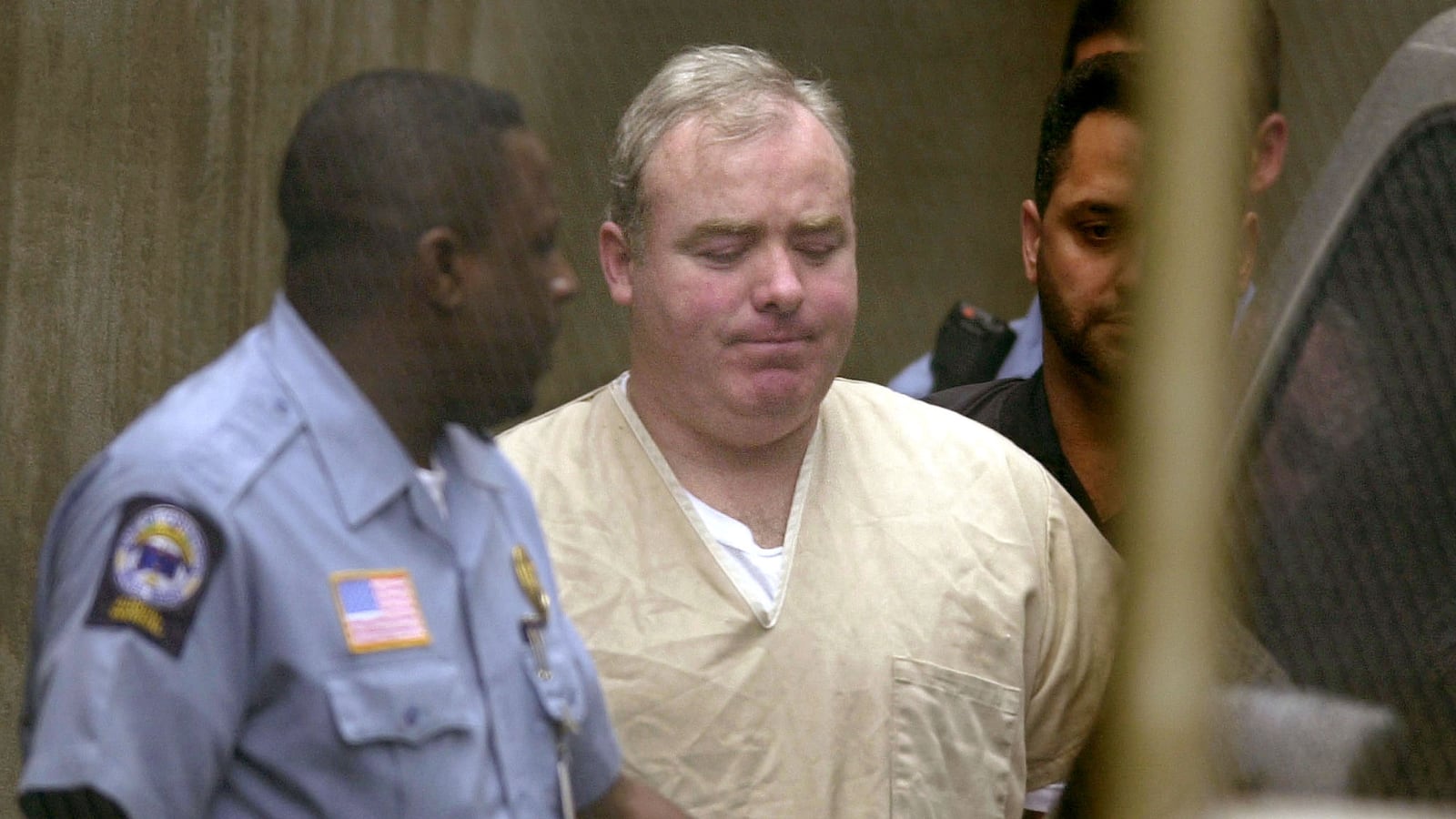There are few things that can shock former prosecutors and criminal defense lawyers. We think we’ve seen and heard it all. Yet last Wednesday I was speechless when I learned that the conviction of Kennedy cousin Michael Skakel for the 1975 murder of his neighbor Martha Moxley was set aside and a new trial was granted.

This momentous decision occurred in the most rare of circumstances, the last resort of a criminal defendant who had exhausted every remedy: a writ of habeas corpus alleging ineffective assistance of counsel. Connecticut Judge Thomas Bishop wrote a 136-page opinion excoriating the work of Skakel’s attorney Mickey Sherman, who went on to become a prominent legal analyst. When you take a good look at the basis for the reversal, you see that Judge Bishop simply thought there was a better way to try the case. The judge would have employed a different set of tactics and strategic decisions than Sherman. He simply thought Sherman’s approach was wrong.
Since when is that an appropriate constitutional ground for reversal? Cases have been brought for ineffective assistance or inadequate representation in which lawyers in death penalty cases were drunk, asleep, or barely engaged in their work. No reversals there. In order to prevail on such an allegation, according to the U.S. Supreme Court, a defendant must not only show his lawyer wasn’t doing his job but must also show that the trial’s outcome would have been different. That’s an almost impossible standard. Yet Judge Bishop found the standard was met here, believing the finger should have been pointed at Michael’s brother, Tommy Skakel, and that an alibi defense witness was not pursued vigorously.
Looking back at the trial, which I covered for Court TV, I don’t see an ineffective counsel. I see a vigorous defense attorney who thought about strategic decisions, discussed them with other experts, and tried his best. Mickey is a terrific cross-examiner and throughout the case, many court watchers and reporters were predicting an acquittal or a hung jury. Even the late journalist Dominick Dunne who helped keep the pressure on this case over the years, was concerned about the possibility of Mickey winning. There is no doubt his weakest moment was his closing argument, but usually in a long trial, the closing won’t make much difference, although it may have been a game changer here.
After last week’s pronouncement, Mickey said he always believed in Michael’s innocence and he was pleased. In essence, Sherman fell on his sword, which is part of the creed of true criminal defense lawyers.
Yes, I know all the criticism that Mickey “went Hollywood” and loved the media attention, but that did not appear to affect his courtroom work. Yes, I also know he joked too much, but that is his personality in or out of the courtroom. He is smart, thoughtful, and believed he was doing his job. It should also be said that Mickey is a friend of mine, and this case has ruined his life in so many fundamental ways. His celebrity notoriety as a result of this representation left him wide open to a prosecution for failure to pay taxes, a divorce, and being shamed. My heart goes out to him for a judicial opinion that crucified him—but his heart goes out to Michael Skakel, whom he believes is innocent.
Who is out there defending Mickey? Ironically, the prosecution has become Mickey’s champion. And what of Moxley’s mother, Dorothy, a woman of courage and grace whom I had the privilege to meet and interview so long ago? How baffled she must be by this turn of events. I say to her: all of the practicing criminal lawyers are just as amazed reading all those pages that prepare a blueprint for the next lawyer to try this case. The devil is in the details in more ways than one here.
Rikki Klieman is a criminal defense attorney with Klieman & Lyons in Boston. Formerly, she was a prosecutor and Court TV anchor.





